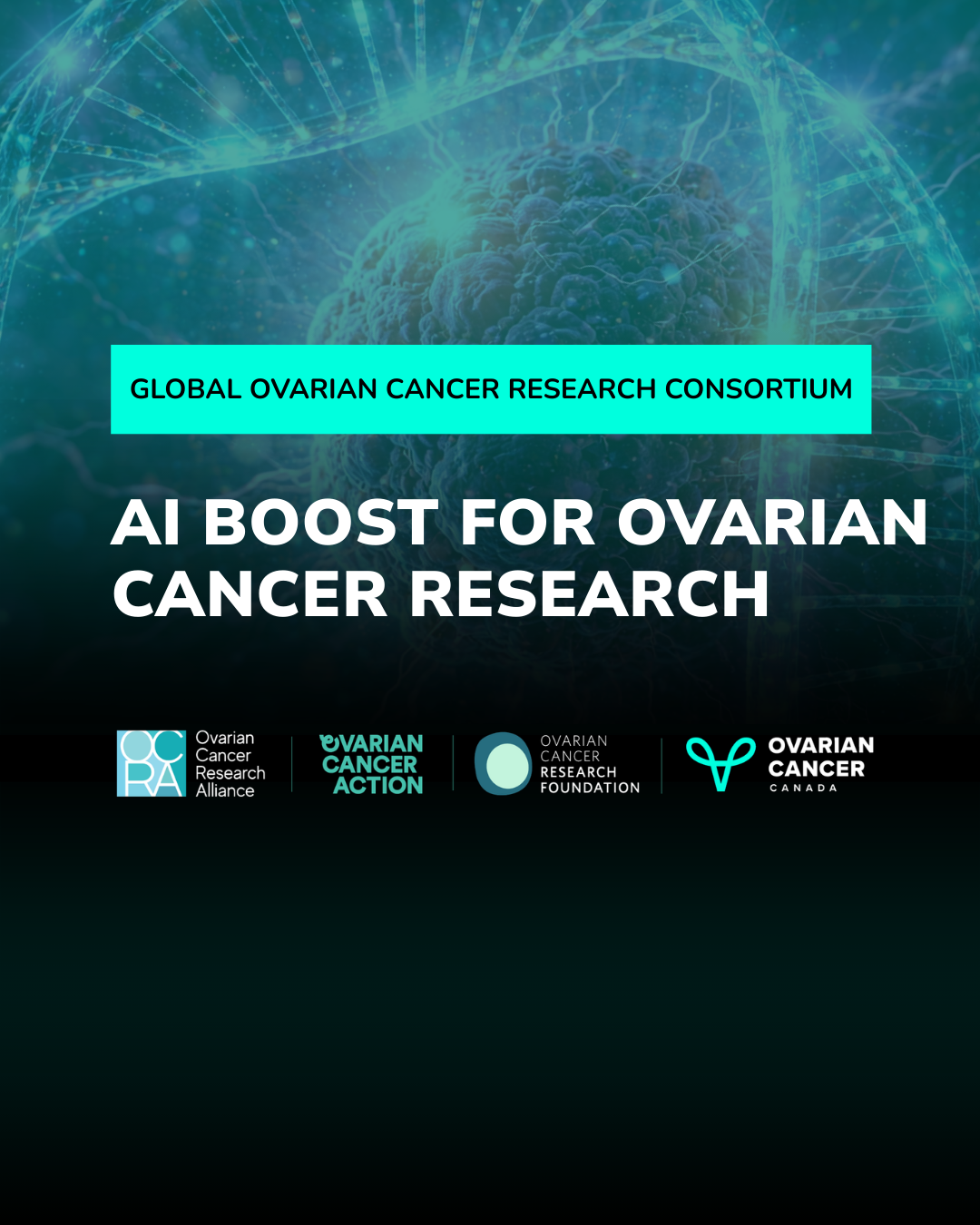10/04/2012

OCRF Grantee Daniela Dinulescu, PhD
Research funded by OCRF and published in the Sept. 27 edition of PNaS suggests that the Notch3 signaling pathway plays an important role in the maintenance of cancer stem cells (CSCs) and platinum resistance in ovarian cancer. OCRF grantee Daniela Dinulescu, PhD of Brigham and Women’s Hospital in Boston, was the senior author on the paper.
Cancer stem cells, which are unharmed by traditional chemotherapies, are a major contributor to the development of chemotherapy resistance in ovarian cancer patients. The team of researchers investigated a dual-combination therapy, which focused on Notch pathway inhibitors, which target CSCs, as well as regular chemotherapy. The results indicate that: 1) the Notch pathway is important in the maintenance of CSCs, and in the development of chemoresistance; therefore, 2) Notch pathway inhibitors may be useful in treating ovarian cancer patients.
The authors write that their study “suggests an important clinical application of Notch pathway inhibitors in newly diagnosed and relapsed ovarian cancer patients. Long-term survival of ovarian cancer patients is low because of high rates of therapeutic failure and tumor relapse. A cure likely necessitates eradication of drug-resistant CSCs in addition to the bulk of non-CSC tumor cells, which commonly are targeted by conventional chemotherapy. Patient stratification based on their individual genetic make-up and the addition of a front-line therapeutic agent that targets and sensitizes CSCs may result in more effective therapies for ovarian cancer patients.”
Read an abstract of the article, “Targeting Notch, a key pathway for ovarian cancer stem cells, sensitizes tumors to platinum therapy.“


